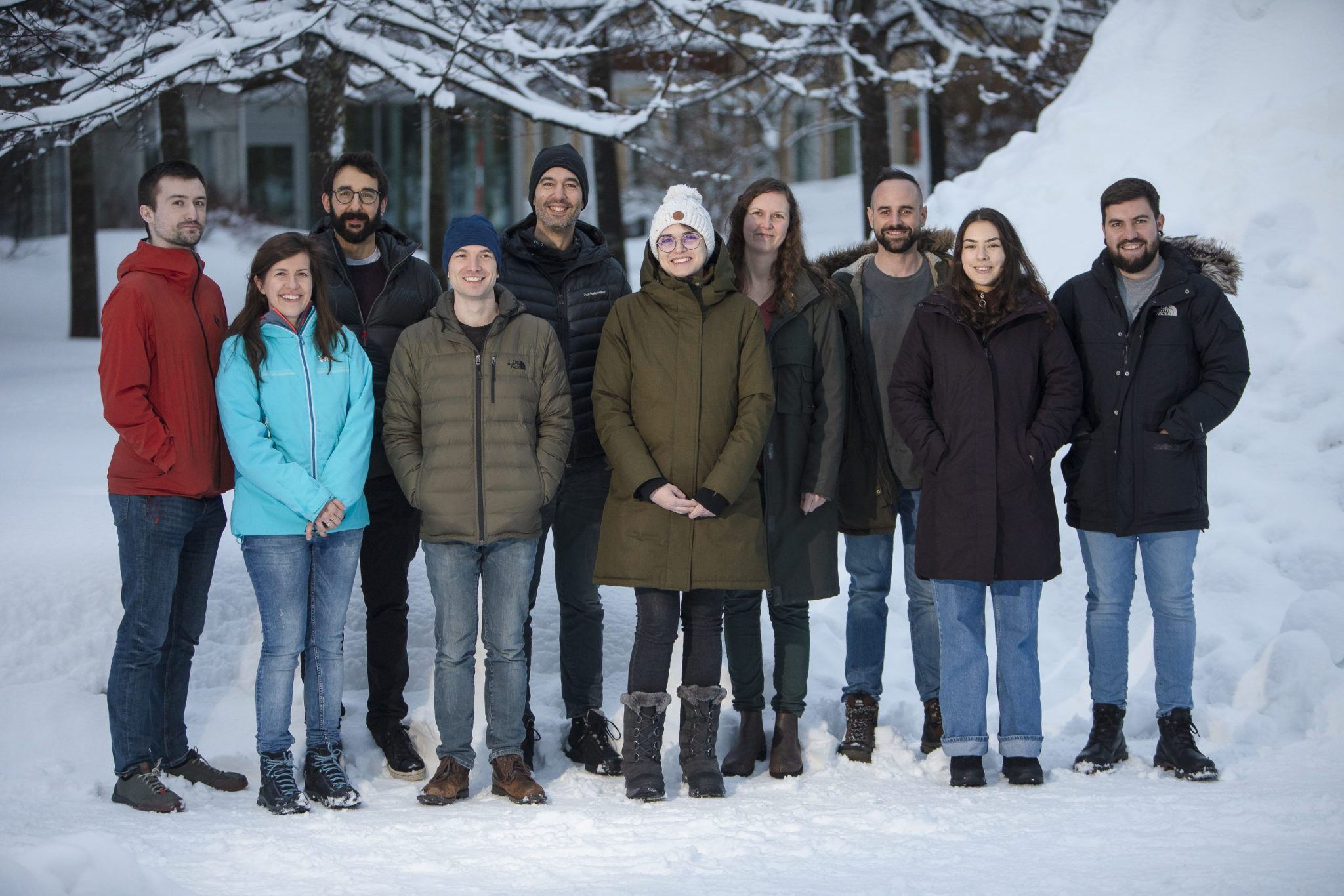My lab in Umeå University/MIMS-UCMR aims at deciphering new knowledge on one of the major “Achilles heels” of bacteria – their cell wall – both to provide answers to scientific fundamental questions and to improve our options to combat long-standing and emerging infectious diseases. We use an arsenal of advanced analytical technologies and cell imaging tools (optical, fluorescence and correlative SEM-FL microscopy, MATLAB and ImageJ based image analysis), combined with genetics and next generation sequencing technologies (including RNA-seq, Tn-seq), biochemistry, bioinformatics (MATLAB and R based-chemometrics) and molecular biology to study how bacteria regulate their cell wall to adapt to (and infect) the host in some of the most relevant bacterial models.
To approach this, we have launched an integrative research program to uncover and exploit the unnoticed variability of the bacterial cell wall. This investigation is imperative for a realistic understanding of cell wall biology in nature, in particular its role in environmental adaptation and signalling. Moreover, this research might lead to the discovery of new metabolic and regulatory pathways with great potential in the development of new species-specific antimicrobials therapies.
Group members
Postdocs:
Laura Alvarez
Emilio Bueno
Tom Guest
Clara Lambert
Marta Nieckarz
Diego Rey
Gabriel Torrens
Christine Wegler
PhD students:
Barbara Ritzl.
Victor Pinedo.
Michael Gilmore.

